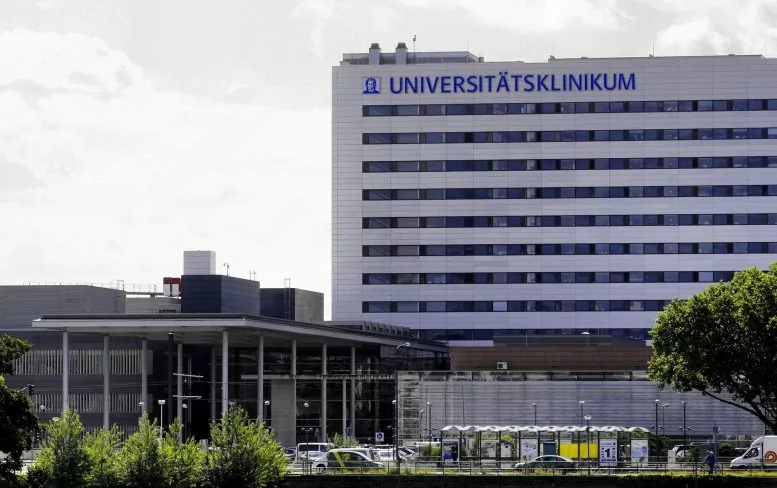The hospital consists of 32 specialty clinics, over 20 research institutes, and clinical institutes. About 6,800 workers are employed by the hospital. The facility spans 425,000 square meters and houses 1496 inpatient beds in addition to day hospital spaces. The hospital sees 50,000 inpatients and 450,000 outpatients annually. The hospital highly valued its tight partnerships with research centers and non-university institutes. During Paul Ehrlich’s tenure at the “Royal Institute for Experimental Therapy,” which he worked at from 1899 until he was awarded the Nobel Prize in medicine in 1908 for discovering the first modern antimicrobial drug for the treatment of syphilis, one such partnership took place.The Frankfurt University Hospital and the medical faculty of Goethe University in Frankfurt work together. It is a leading regional provider of training and CEUs for doctors and other healthcare professionals. Additionally, fourteen lecture halls located among the departments teach medicine to four thousand students.
The hospital offers a wide range of medical services that cover all medical specialties. The University Center for Tumor Diseases (UCT), the general, visceral, transplant, and thoracic surgery departments, and the diagnostic and interventional radiology department are some of the hospital’s units. One area of specialization is the handling of severe and complex litigation through interdisciplinary and intersectoral service offers.
